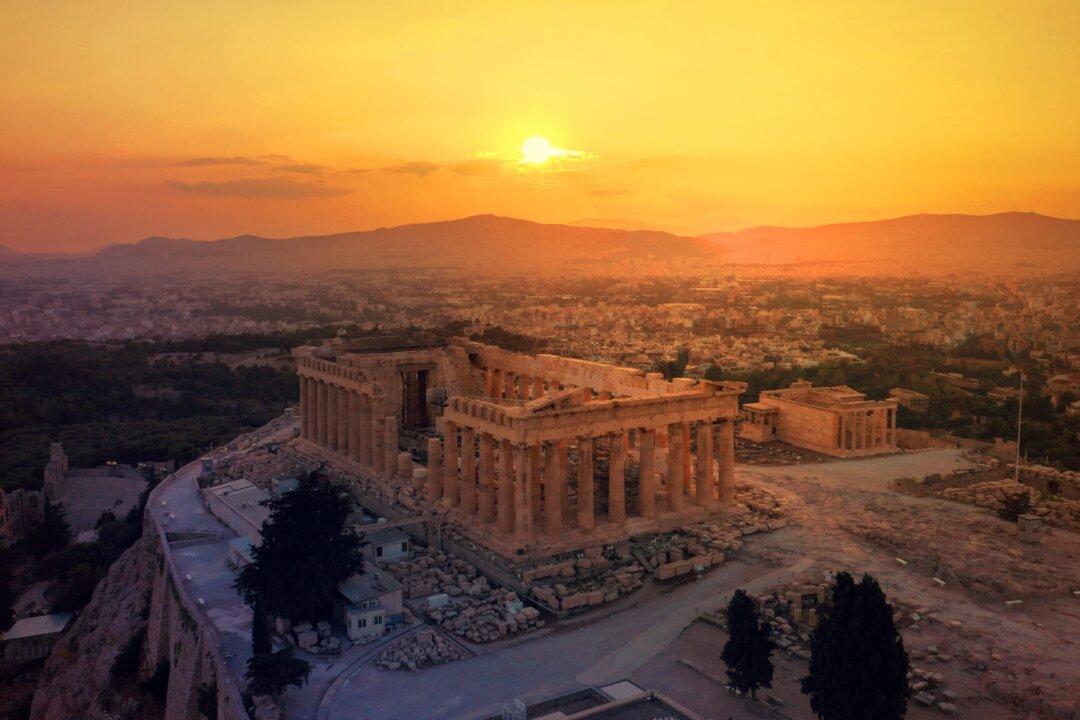Commentary
In the 1960s, archaeologists digging at Athens discovered thousands of pottery fragments in a landfill. The shards of pottery were the remains of ballots from a 471 B.C.E. election, but the fragments were not votes to send candidates to political office. They were votes to banish citizens, a process known as ostraca that involved exiling citizens for a period of 10 years.





